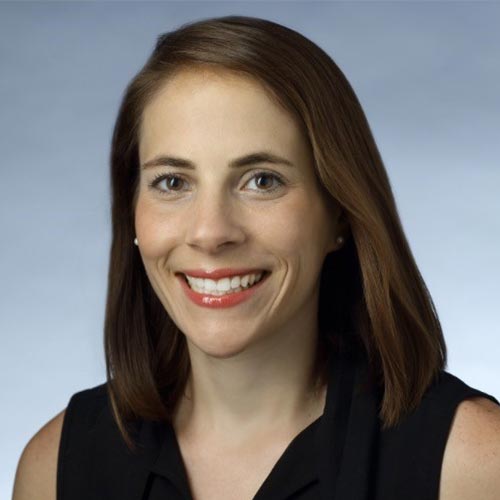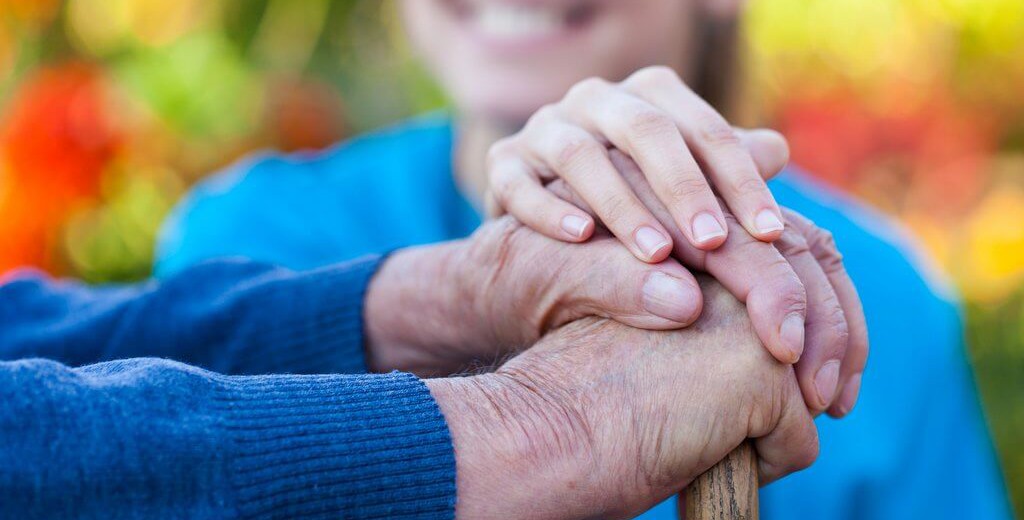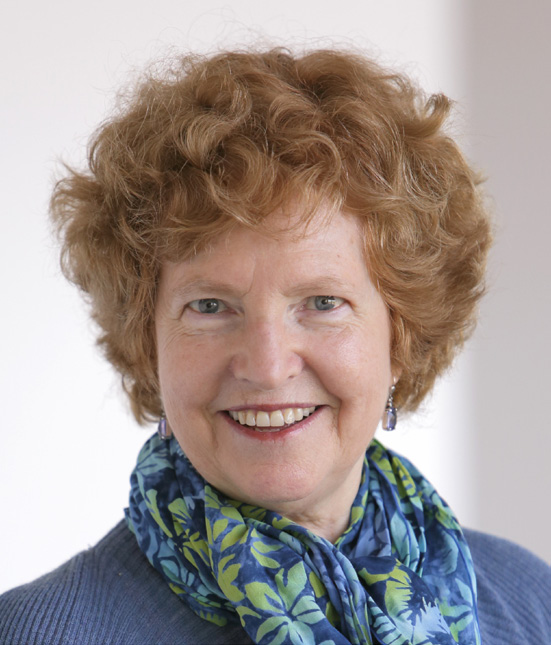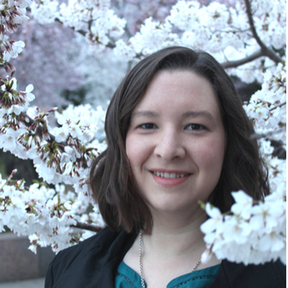Caregiver Connection Support Group – Monthly
To register for this group, please click the RSVP button above or email Olivia at olivia@smithcenter.org.
with Sara Field, LICSW, OSW-C
offered in partnership by Smith Center for Healing and the Arts, GW Cancer Center and Medstar Health

![]()

Our Caregiver Connection Support Group, led by a licensed clinical social worker, provides a safe and compassionate space for individuals caring for loved ones with cancer. This group offers emotional support and shared experiences around managing the physical, mental, and emotional challenges of caregiving.
Participants can connect with others who understand their unique struggles, find strength in community, and gain resources to help navigate their caregiving journey. Whether you’re new to caregiving or have been supporting someone for a while, this group offers a place to share, learn, and heal together.
Sara’s Monthly Caregiver Connection Support Group meets Monthly on the 4th Wednesday of the month from 7:00 – 8:00pm.
About Sara Field, LICSW, OSW-C
Sara is a Licensed Independent Clinical Social Worker in DC and holds an Oncology Social Work certification. She earned her Masters Degree in Social Work at the Catholic University of America in DC and has worked in oncology for over 6 years. Sara currently serves as the Clinical Social Worker and Patient Experience Supervisor at the Ourisman Breast Center at MedStar Georgetown and previously worked at the Lombardi Cancer Center and GW Cancer Center. Sara has a strong interest in the intersection of emotional and physical health and a particular passion for supporting parents with cancer and their kids.







